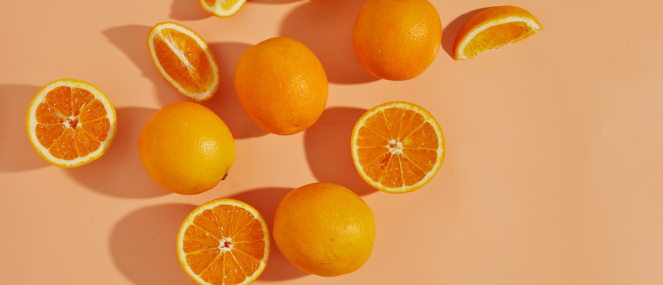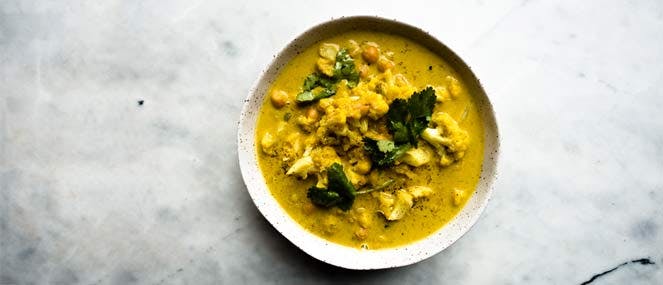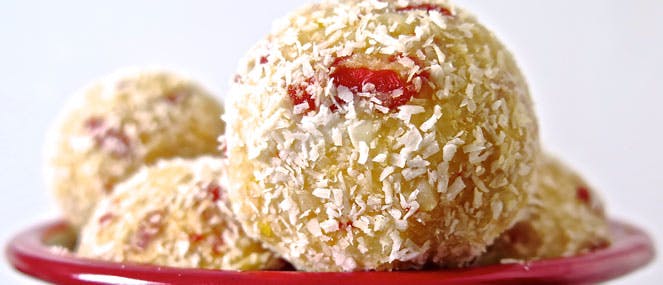
- Health hub/
- Tips & Advice on Cold, Flu & Boosting Immunity/
- Zinc and your immune health


As far as health and wellbeing are concerned, zinc plays a role in everything from supporting wound healing to thyroid function and even ensuring a healthy sense of taste and smell.Traditionally, zinc has also been used to support the immune system, and these days many products targeted toward cold and flu relief contain zinc.
Spotlight on the adaptive immune system
The body's immune system protects against disease by identifying and killing various infectious agents such as bacteria and viruses. Over time, the immune system adapts to recognise infectious agents more efficiently – this process is known as adaptive immunity.
White blood cells make up a large proportion of the many different cells involved in immune functions. One white blood cell in particular, the lymphocyte, plays a major role in the function of adaptive immunity.
There are two different types of lymphocytes used in adaptive immunity: the B and T lymphocytes. T cells are the most abundant, but both B and T cells are used by the immune system in actively fighting infections.
The role zinc plays in adaptive immunity
Research has highlighted the important role that zinc plays in the activation of the immune system, and we now know that the body requires zinc to develop and activate those all-important T lymphocytes.In fact, in one study designed to take an in-depth look at the specific role that zinc plays in the cells involved in immunity, results showed that zinc supplementation was able to enhance T-cell activation.
What does this mean for you?
If the body is low in zinc, cells of the immune system, such as T cells, may not perform like they should. This may explain why some people who live with a low-zinc status may be more at risk of common colds. It’s also worth noting the findings of a review study conducted in Australia and published in late 2021, which linked zinc to helping prevent symptoms and shorten the duration of common cold and flu-like illnesses. When zinc was used for prevention, there was a 28 per cent lower risk of developing common-cold symptoms. And when it was used for treatment, zinc shortened the duration of symptoms by around two days – and not just for people whose zinc levels were considered low.
Signs of Low zinc
Low zinc can be associated with frequent common colds, wounds that don’t heal well and taste buds becoming less able to detect flavours and sensations. Other symptoms associated with low zinc include skin breakouts,loss of appetite and reduced nail and hair growth.
A few different things can increase the risk of low zinc including periods of stress or infection, and drinking too much alcohol. But one of the biggest causes of low zinc status is simply not eating enough zinc-rich foods, a situation that applies to one in three Australian men and one in 10 women.
Following a vegetarian diet may also bump up the risk of low zinc, as well as eliminating meat and seafood, which are good sources of zinc.
How much zinc do you need?
Good food sources of zinc
Protein-rich foods tend to contain the highest amounts of dietary zinc, but it’s also present in a few different plant foods.
| Food | Milligrams of zinc per 100g |
| Raw oysters | 47.9mg |
| Grilled beef fillet | 7.8mg |
| Zinc-fortified breakfast cereal | 1.9-7.8mg |
| Pumpkin seeds | 7.5mg |
| Sunflower seeds | 5.8mg |
| Grilled lamb chop | 5.4mg |
| Almonds, pecans and brazil nuts | 3.7-4.1mg |
| Lentils, soy beans and kidney beans | 3-4mg |
| Cheddar cheese | 3.6mg |
| Canned crabmeat | 2.2mg |
| Egg | 1.2mg |




